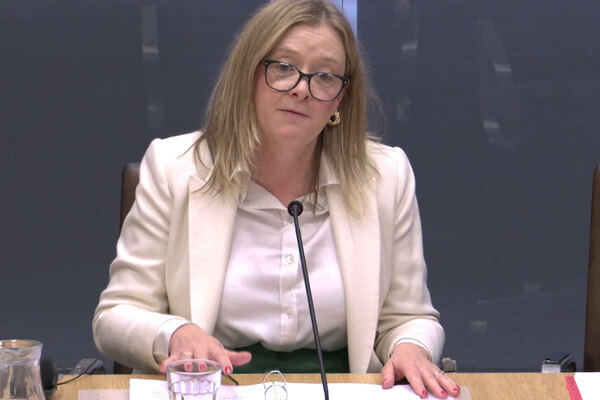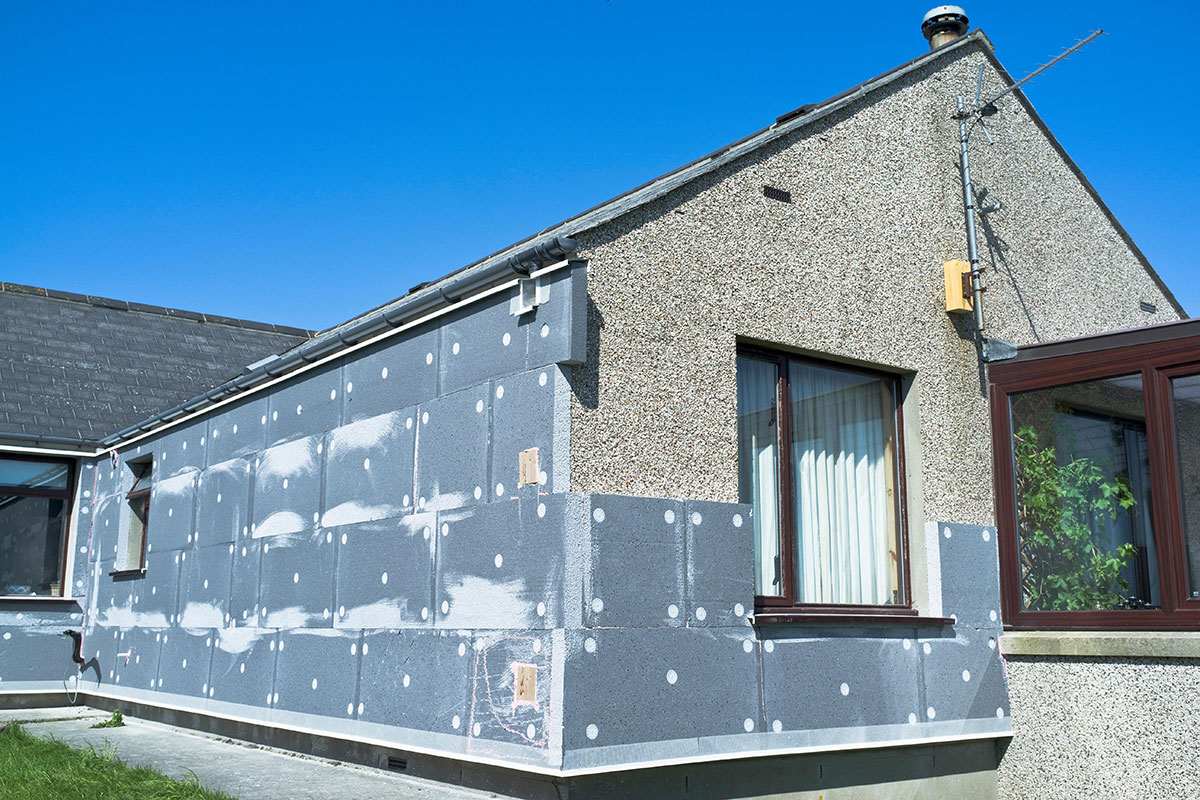You are viewing 1 of your 1 free articles
Scottish Housing Regulator told to focus on net zero and cost of living in regulation review
The Scottish Housing Regulator (SHR) has been told to “broaden its priorities” to reflect net zero and the challenging economic climate, as it seeks views on potential changes to its regulatory framework.

The SHR has opened a new consultation, following a discussion paper published in June that began the regulation review, which is conducted every five years.
According to the Scottish regulator, there was “a strong message” from respondents to the discussion paper that the organisation should “broaden its priorities” to include specific reference to net zero and decarbonisation.
A “significant number” of respondents asked that the SHR’s priorities reflect “the current economic climate and the impact that this is having on landlords’ ability to provide services and improve homes while keeping rents as low as possible”.
“Some respondents asked that we be as clear as possible on what our expectations will be on how landlords contribute to reducing the number of people who are experiencing homelessness,” the SHR added.
One proposal is for the regulator to require landlords to include explicit assurance in the annual assurance statement (AAS) on a specific issue or issues.
Most respondents supported this idea, the SHR said, while “stressing the importance of us providing adequate advance notice of any additional assurance required”.
Another planned change is to expand tenant safety indicators to monitor landlords’ management of mould and damp cases.
There was “general support from respondents” for indicators on tenant and resident safety, although “some noted that they did not feel they could comment until we gave more information on the specific indicators we were thinking of including”.
Some respondents highlighted that “these matters are already included in the Scottish Housing Quality Standard or may be difficult to define and operate effectively”.
There was “a strong view, especially among landlords, that indicators on damp and mould will need to be carefully developed and defined”.
The SHR said it would establish an “appropriate working group, or groups,” to advise it as it develops appropriate indicators for tenant safety and damp and mould.
It was also proposed to strengthen the emphasis on social landlords listening to tenants, to make it clearer when a social landlord is non-compliant, and to initiate a comprehensive review of the annual return on the charter, which it will consult on next year.
Landlords, tenants and other organisations have until 15 December to respond to the consultation.
The Scottish regulator said it will publish final versions of the regulatory framework and guidance at the end of February 2024, to go live from 1 April 2024. It will also publish a new strategy in April 2024.
George Walker, chair of the SHR, said: “Overall, stakeholders have told us that in general the current regulatory framework works well and remains relevant and appropriate.
“We’ve also seen a clear appetite from those involved in social housing for a period of stability and for changes to be kept to a minimum. There was also general support from tenants, landlords, investors and representative bodies for the approach that we set out in the discussion paper and for the changes we proposed.”
Sign up for our Scotland newsletter
Already have an account? Click here to manage your newsletters










